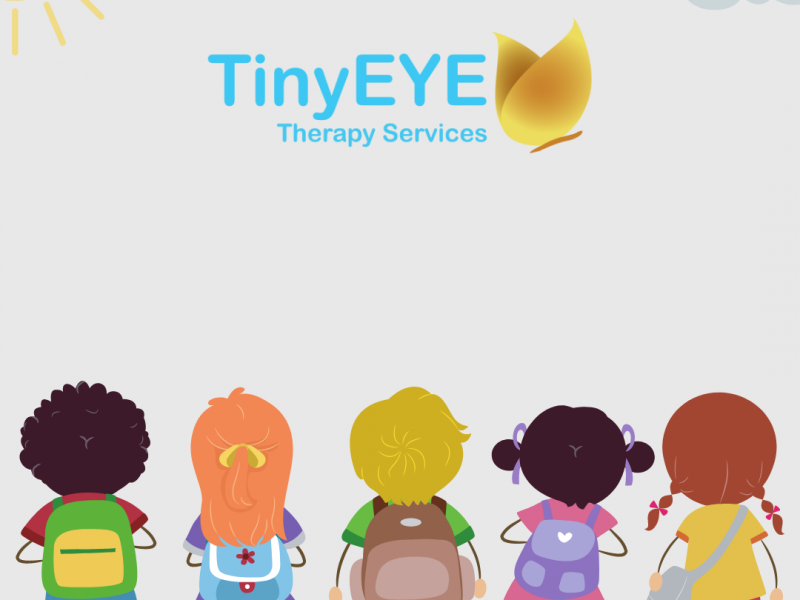This post originally appeared on the ASHA: Take Action! Site: Support Telehealth Legislation
Tell your members of Congress to cosponsor the Medicare Telehealth Parity Act of 2017 (H.R. 2550) and the CONNECT for Health Act of 2017 (S. 1016/H.R. 2556). Both pieces of legislation would make leaps and bounds by providing Medicare beneficiaries with access to services (e.g., audiology and speech-language pathology) that they may not otherwise receive.
Provisions of the bills include:
The Medicare Telehealth Parity Act of 2017 would phase in the expansion of telehealth services by:
- expanding the list of eligible providers and related covered services to include audiologists, speech-language pathologists, respiratory therapists, physical therapists, and occupational therapists;
- removing the geographic barriers under current law and allow for the provision of telehealth services in rural, underserved, and metropolitan areas;
- expanding access to telestroke services, regardless of where the patient is located;
- allowing remote patient monitoring (RPM) for patients with chronic conditions such as heart failure, chronic obstructive pulmonary disease (COPD), and diabetes; and
- allowing the beneficiary’s home to serve as a site of care for home dialysis, hospice care, eligible outpatient mental health services, and home health services.
The CONNECT for Health Act of 2017 would:
- lift restrictions on the use of telehealth in Accountable Care Organizations and Medicare Advantage, including provider restrictions;
- expand originating sites for telehealth care;
- create a Medicare Remote Patient Monitoring benefit for certain high-risk, high-cost patients;
- urge the Secretary of Health and Human Services to evaluate the applicability of telehealth in projects before the Center for Medicare and Medicaid Innovation (CMMI); and
- authorize a study on the use of telehealth services once restrictions have been lifted.
Background
Each of these bills were reintroduced by Representatives Mike Thompson (D-CA), Gregg Harper (R-MS), Diane Black (R-TN), and Peter Welch (D-VT) in the House. The CONNECT for Health Act has also been introduced in the Senate by Senators Brian Schatz (D-HI) and Roger Wicker (R-MS), along with four additional original cosponsors. ASHA has endorsed both of these pieces of legislation in previous Congresses and is endorsing them again this year.
Medicare reimbursement for telehealth services performed by audiologists and speech-language pathologists will improve better access to care for Medicare beneficiaries and can save costs through reducing unnecessary emergency room visits and hospital readmissions.
Telehealth is the delivery of health care—in this case, audiology and speech-language pathology services—from a distance via telecommunications technology. Research and reports confirm that appropriately delivered telehealth services are comparable to those delivered face-to-face. The services that can be administered via telehealth include, but are not limited to, the following activities:
Audiology—adult hearing screening, hearing aid and cochlear implant programming and counseling, and auditory brainstem response testing
Speech-Language Pathology—real-time interactive assessment and treatment for beneficiaries with stroke, brain injury, cancer, Parkinson’s disease, and other medical conditions—such as disorders in swallowing (dysphagia), speech (dysarthria or apraxia), language (aphasia), cognitive-communication, and voice (dysphonia)
Telehealth expands Medicare beneficiaries’ access to audiology and speech-language pathology services and can alleviate provider shortages by extending clinical services to remote and rural locations as well as underserved populations. The use of telehealth services does not remove any of the practitioner’s existing responsibilities in delivering services, including adherence to state and federal laws (i.e., licensure, HIPAA). Therefore, the quality of services delivered via telehealth must be consistent with the quality of services delivered face-to-face.
An independent cost estimate found that the proposal to reimburse audiologists and speech-language pathologists for providing telehealth services in the Medicare program would increase fiscal year outlays by less than $2.5 million over the 5-year budget period and less than $10 million over 10-years. This is considered a nominal effect on overall spending.
ASHA Resources
Learn more about advocacy efforts related to telepractice/telehealth in ASHA’s 2017 Public Policy Agenda. For questions, please contact Sam Hewitt, ASHA’s director of congressional advocacy, at 202-624-5961 or shewitt@asha.org.



